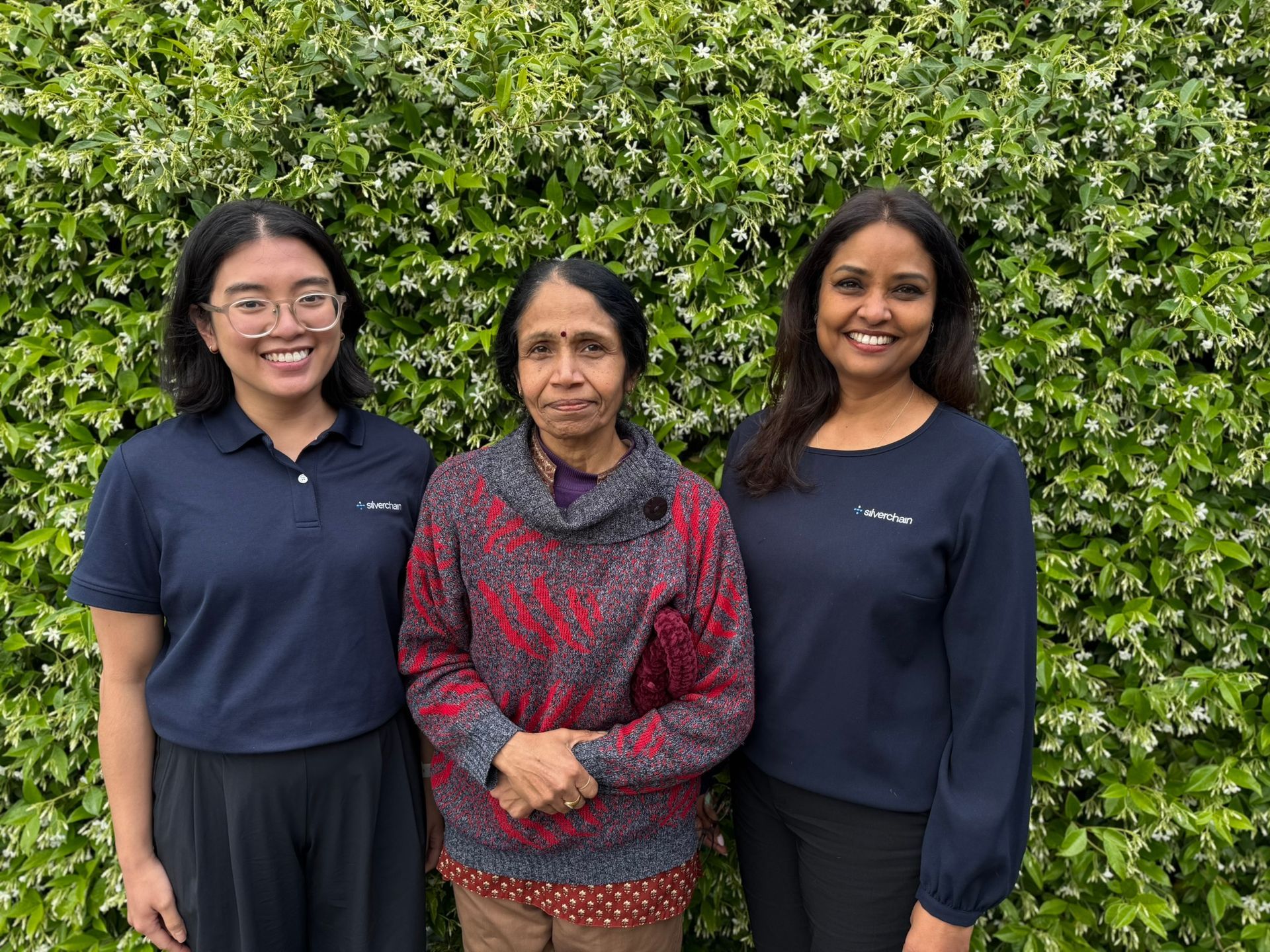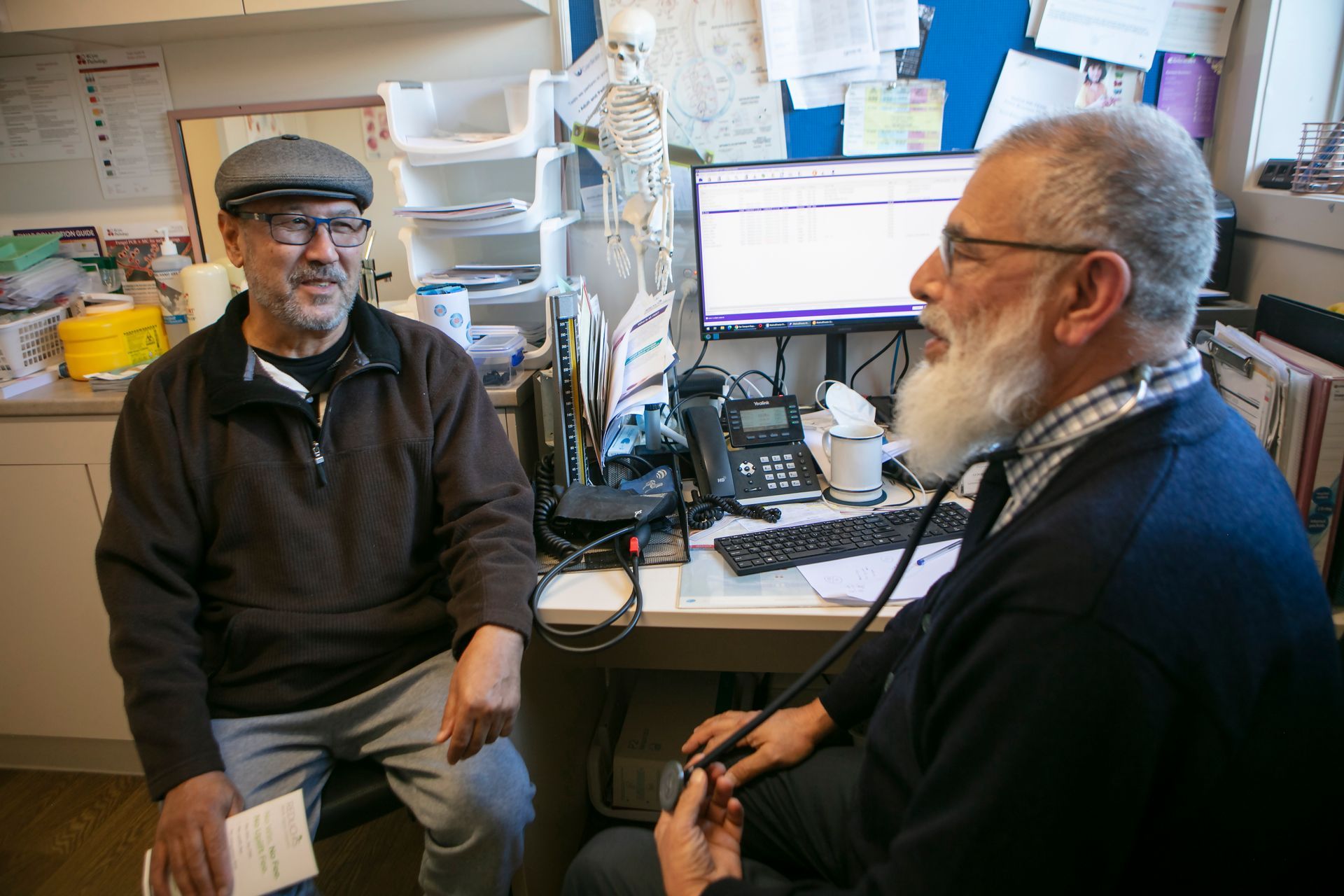Over 1,100 older adults supported through the residential aged care wellbeing program
Home / News & Opportunities / Latest news / Current post
Older adults in residential aged care facilities are five times more likely than those living independently to experience mental health conditions.
In 2018, with support from the Australian Government, SEMPHN launched an Australian first Wellbeing Program for Older Adults living in residential aged care facilities. Provided by Star Health and Better Place Australia across 85 facilities, the program offers free, agile and creative mental health and wellbeing support tailored to client needs.
To-date the program has delivered over 17,250 sessions to 1,100 older adults. What’s particularly special about this program is that social workers work alongside individuals to better understand their worries or concerns and guide them to find activities or opportunities that bring them joy.
Michelle Arnel, Program Manager at Star Health, recently spoke about the frontline role of social workers in the program, as well as its structure and outcomes in the January edition of Social Work Focus e-magazine.
“Some days we are writing and celebrating life stories; other days we are singing with clients to their favourite feel-good song, or assisting a client to watch their grandchild’s performance live online. Each task is another step closer to a client finding their joy or providing some relief.”
An evaluation of the Access to Psychological Services in Aged Care Facilities initiative was published in 2022 which further highlights the impact, need and success of these unique programs.
Read the feature article.
Read the evaluation report.




